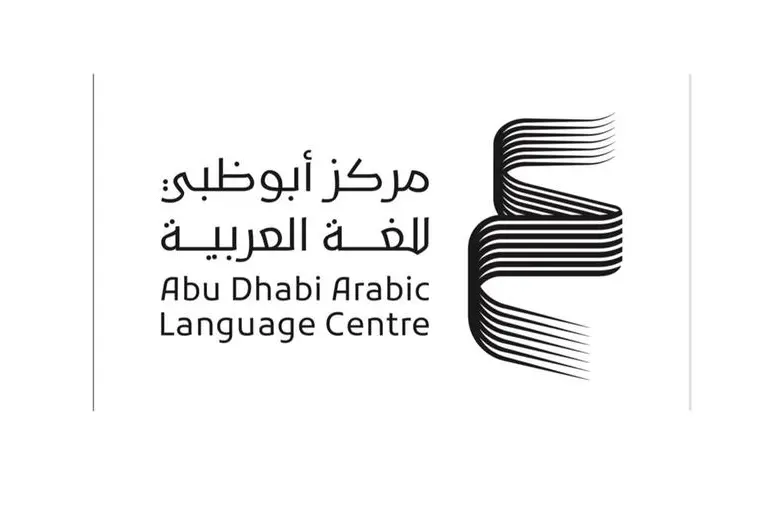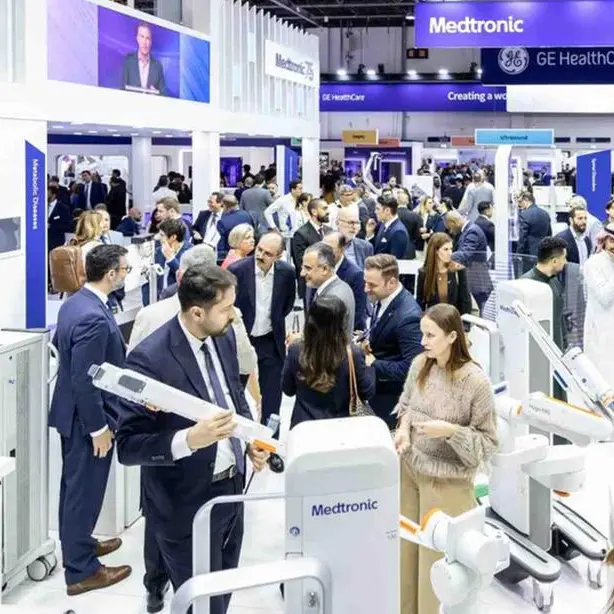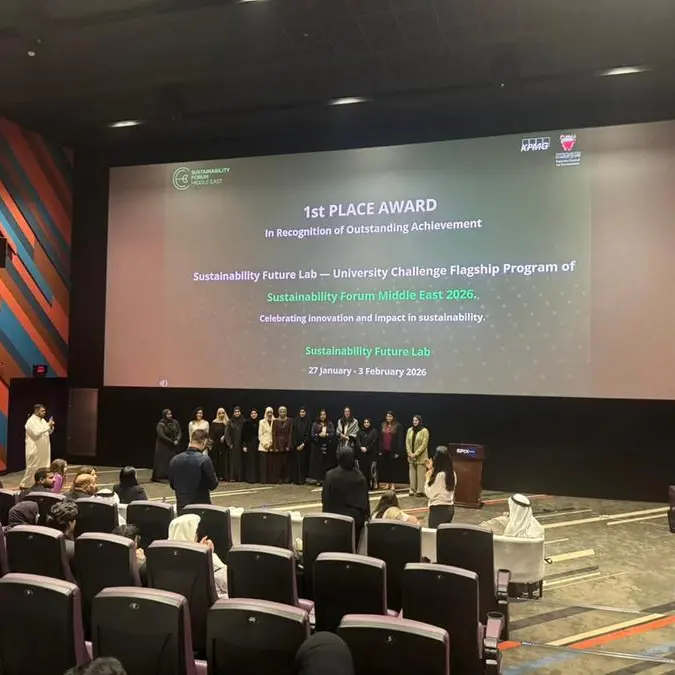PHOTO
- The session forms part of the Centre’s participation in the London Book Fair 2024.
Abu Dhabi, UAE – The Abu Dhabi Arabic Language Centre (ALC) organised a cultural retreat themed ‘Translation: Literature and Technology’, in collaboration with the School of Oriental and African Studies (SOAS) at the University of London.
The session formed part of ALC’s participation in the London Book Fair 2024, bringing together 30 experts and academics from various fields of translation.
His Excellency Dr. Ali bin Tamim, Chairman of the ALC, said: “Our approach to organising our retreats was inspired by the UAE Government’s administrative excellence, which we transferred it to the field of culture, turning the Cultural Retreats organised by the Abu Dhabi Arabic Language Centre into an important tradition that we have hosted in major world capitals to great success.”
“The Centre recognises the important role translation plays in shedding light on cultures and the particular traits of various peoples,” H.E. added. “We also acknowledge literature’s role as a bridge that combines thought, culture, knowledge, science, and human experiences into a blend of creative writing methods. With that in mind, we organised this year’s Cultural Retreat as part of our activities for the London Book Fair, in partnership with the University of London, to serve as an ideal platform to foster meaningful cultural discussion about translation, one of the most significant means to connect all members of the human family. The Retreat focuses on literary translation, in particular, as a vehicle for communicating intellectual heritage in a creative and an aesthetically appealing mould.”
The retreat shed light on a number of sub-topics in the fields of Arabic language and the publishing industry through three sessions. The first session focused on the challenges facing literary translation, while the second discussed the challenges of translating content into Arabic, and the third session focused on publishing Arabic translations and discussed translation and artificial intelligence.
In the first session, participants recommended translators strive to understand the cultural and intellectual weight of a given text, and familiarising themselves with its specific traits relating to space, time, and social characteristics. They advised translators to avoid confusion with terminology, which results from having multiple translations of a single term, urging them to pay attention to the fact that translating works for children requires them to take into account the linguistic aspects.
Meanwhile, participants in the second session discussed the challenges facing the publishing of Arabic translations from other languages, citing the disproportionate focus placed on translating works from more popular languages, such as English and French, while overlooking other important international languages, like Chinese and Hindi. Most Arab translators earn lower wages and there is a lack of a standardised process for negotiating with publishers about remunerations.
Additionally, the shortage of courses focusing on criticism of translation in Arab universities has led professional translators to shift towards work in other sectors, which, in turn, paves the way for artificial intelligence to replace them.
Participants developed a set of recommendations regarding this topic, where they proposed establishing a code of conduct for Arab translators to standardise legal contracts for rights, wages, and profit shares. The session also stressed the need to develop a transparent process for translation grants and rights acquisition that facilitates interactions in that regard and creates wider opportunities for translators to enrich cultural and scientific content in the Arab world. Moreover, experts concluded that it is imperative to have an expert and credible review of translations into Arabic before publication, as well as to diversify translations to cover additional languages. Recommendations also called for greater coordination among various Arab publishing houses involved in translation in order to avoid redundancy.
On the topic of translation and artificial intelligence, the most notable challenges highlighted during the session related to the key characteristics of the Arabic language and the limited data available on the internet to enable automatic translation to and from the Arabic language. Participants in this session called on Arab translation institutions to invest in artificial intelligence to address the challenges facing automatic translation into Arabic. It also urged the development of a deeper understanding of the relationship between human translation and machine translation.
About Abu Dhabi Arabic Language Centre
The Abu Dhabi Arabic Language Centre, established following a directive from the President of the United Arab Emirates and Ruler of Abu Dhabi, as part of the Department of Culture and Tourism – Abu Dhabi, works to support Arabic language development and modernisation through comprehensive strategies and frameworks, enrich the scientific, educational, cultural and creative contributions of the Arabic language, promote Arabic language proficiency and cultural understanding, and support Arab talents in the fields of writing, translation, publishing, scientific research, arts, content creation and organisation of book fairs. The Centre works to realise its foundational vision through dedicated programmes, human expertise, and meaningful partnerships with the world’s most prestigious technical, cultural, and academic institutions.
About the Department of Culture and Tourism - Abu Dhabi
The Department of Culture and Tourism – Abu Dhabi (DCT Abu Dhabi) drives the sustainable growth of Abu Dhabi's culture, tourism and creative sectors, fuels economic progress and helps achieve Abu Dhabi's wider global ambitions. By working in partnership with the organisations that define the emirate's position as a leading international destination, DCT Abu Dhabi strives to unite the ecosystem around a shared vision of the emirate's potential, coordinate effort and investment, deliver innovative solutions, and use the best tools, policies, and systems to support the culture and tourism industries.
DCT Abu Dhabi's vision is defined by the emirate's people, heritage, and landscape. We work to enhance Abu Dhabi's status as a place of authenticity, innovation, and unparalleled experiences, represented by its living traditions of hospitality, pioneering initiatives, and creative thought.




















